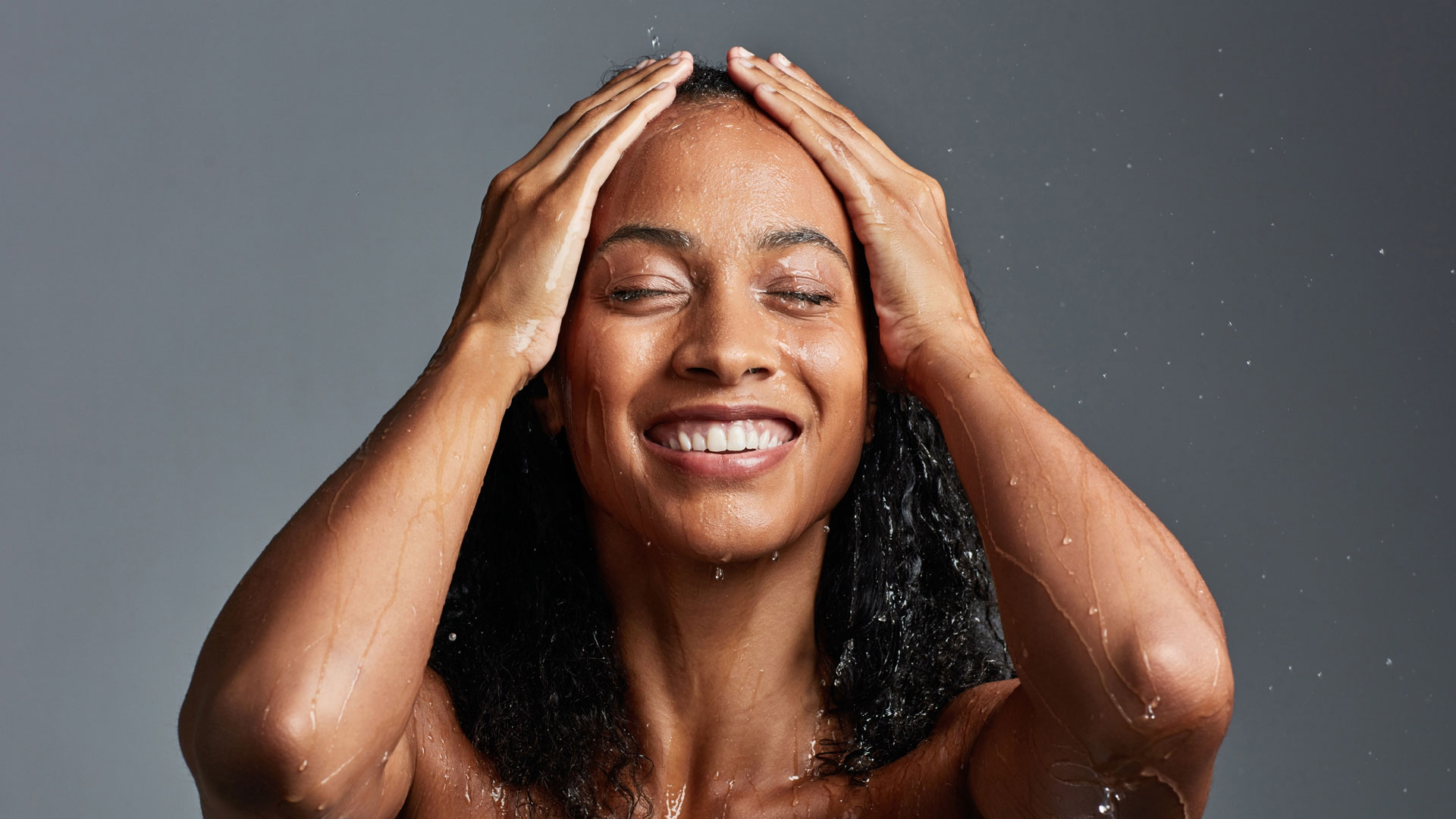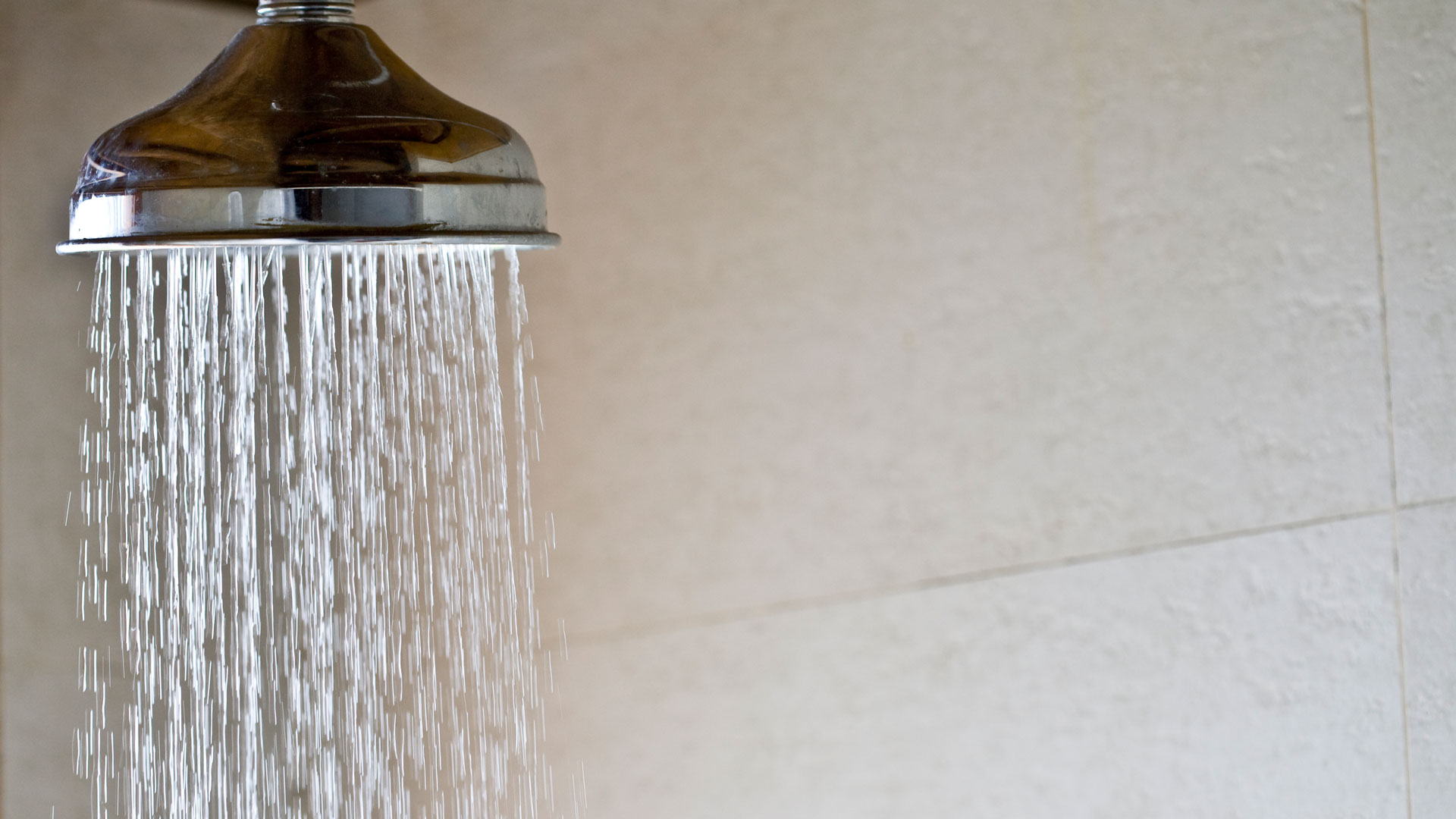Do cold showers burn fat?
Do cold showers burn fat? We take a look at the evidence to find out if this weight loss tip really works


Do cold showers burn fat and are they really a good idea? Well, humans have been using immersion in cold water for centuries as a health-boosting form of hydrotherapy. There are hundreds of studies examining the positive effect of cold water on everything from immunity to mood, but is there any evidence that cold showers can make a difference to weight loss?
We’ll be taking a look at the science behind the headlines and highlighting any studies that suggest there may be something in this weight loss tip after all. We’ll also check out what other benefits cold showers have to offer, and whether there are any cases in which you should avoid taking a cold shower.
So before you reach out and turn that hot water faucet off, find out if there is any truth to this tip. If you don’t enjoy the prospect of an ice-cold shower, our guide to the best exercise machines to lose weight can give you a safe (and less chilly) way to help with sustainable weight loss and increase muscle mass, all from the comfort of your own home.
Do cold showers burn fat? What you need to know
Advocates of cold showers for weight loss say that exposure to icy temperatures, even for a short duration, can help the body to burn fat, boost the metabolism, and activate the ‘brown fat’ in the body.
Brown fat, also called adipose tissues, is a type of fat that is activated when the body gets cold. It breaks down blood sugar and fat molecules to produce heat, hence the idea that cold temperatures help to burn fat.
A study in 2019 looked at how lowering temperatures could activate brown fat in healthy young men. It concluded that young men with high levels of activated brown fat also experienced a reduction in a certain type of amino acids called branched-chain amino acids (BCAAs). High levels of BCAAs have been linked to obesity and diabetes. This led researchers to conclude that exposure to lower temperatures could help the body burn fat.
Another study also found that young men who were immersed in cold water (14℃) for around an hour, experienced a 350% boost in their metabolism, again fuelling the theory that icy temperatures could speed up weight loss by helping your body burn energy quicker.
Start your week with achievable workout ideas, health tips and wellbeing advice in your inbox.
It’s important to note that in both of the above examples, the participants were exposed to lower temperatures for at least an hour, which is a lot longer than most people could, or should, stand under a cold shower.
There are more studies, however, that seem to support the idea. An article in the British Journal of Sports Medicine described how less than five minutes of immersion in cold water helped to boost metabolism, though it’s unclear by how much.
In 2014, researchers who exposed mice to intermittent cold found that it doubled their metabolic rate, as well as increased brown fat. However, they also found that the mice tended to eat more food as a response to the cold, and so lost no weight as a result.
As it stands, this jury’s out on whether letting the water run cold for 30 seconds or five minutes will actually help you lose weight. However, there are many more well-documented benefits of taking cold showers, which we’ll explore further on.

Are there any risks to taking cold showers?
According to the Cleveland Clinic, anyone with heart disease should resist the urge to take a cold shower. The shock of the cold water can place unnecessary stress on the heart, leading to an irregular heartbeat or arrhythmia.
It’s also possible that some individuals may decide to stop taking certain drugs and treatments for health or mental conditions, in the hope that a daily cold shower can do the same job. It’s simply not possible for a cold shower to replicate the effects of a specific treatment or medication, so always talk to your doctor or healthcare provider before making changes that could affect your health or mental wellbeing.
What are the benefits of cold showers?

Thankfully, there are more well-proven benefits to taking a cold shower, so if you have been shivering every morning, it’s not in vain. Here are some of the key benefits of cold showers, and the evidence behind them.
Reduces sickness and boosts immunity
A huge study in the Netherlands asked thousands of participants to finish a hot shower with a cold shower every day for three months. Some were as short as 30 seconds, while others could enjoy the icy thrills for up to a minute and a half.
Remarkably, all participants who had a daily cold shower, regardless of length, experienced a reduction of up to 30% in sickness-related absence from work, leading researchers to conclude that cold showers were triggering the body’s immune system, and reducing the severity of common viruses and bugs.
Increases blood circulation
During a cold shower, the shock of icy water hitting the skin constricts blood flow on the surface of the body. In the aftermath, blood flow increases to the skin to warm it up again, resulting in a healthy glow and a plumper, fuller look to the skin.
Improves muscle recovery
A 2017 meta-analysis of 23 articles in the Journal of Strength and Conditioning Research found that immersion in cold water helped athletes by reducing swelling and inflammation, and even easing the pain of sports-related injuries. It also helped to improve feelings of fatigue.
Boosts mood
Although cold shower enthusiasts routinely mention that their daily habit results in a more positive mindset, there isn’t a great deal of scientific evidence to support this. Just one study mentions cold showers as a potential treatment for depression.
However, we do know that cold showers release endorphins, the feel-good hormones that are also released during physical exercise. So if you can’t exercise, perhaps a cold shower can have a similar effect on your body.
Thinking of giving this a try? Here’s what happened when we took cold showers for a week. Or if you want to get to the bottom of other trends we've debunked things like apple cider vinegar benefits and if it's safe to use ginger oil for weight loss.
Joanne Lewsley is a freelance health and lifestyle writer who specializes in evidence-based content. She is a regular contributor to Live Science, Medical News Today, and Fit&Well.
Joanne has worked for some of the web’s biggest brands, including BabyCentre UK, BBC and Lastminute.com. She has also worked with ITV, Sky and Channel 5 in launching flagship TV websites to support broadcaster content.
Previously UK editor at parenting site BabyCentre UK, Joanne led a team of editors and freelance writers to create award-winning health content.
Moving to freelance has allowed Joanne to explore and develop her passion and expertise in creating health, wellness and lifestyle content that is clear, easy to read and based on solid evidence.
She also regularly reviews health and wellness gadgets and tech for a fleet of websites, including Top Ten Reviews and LiveScience.
As well as creating long-form content, Joanne has a keen news sub-editor’s eye, creating compelling news headlines and packages for breaking news on the AOL and Yahoo websites.
In her spare time, she loves visiting the Norfolk Broads close to her home in Norwich, trying to break the 5k barrier on her running, and indulging in her love of live music.
